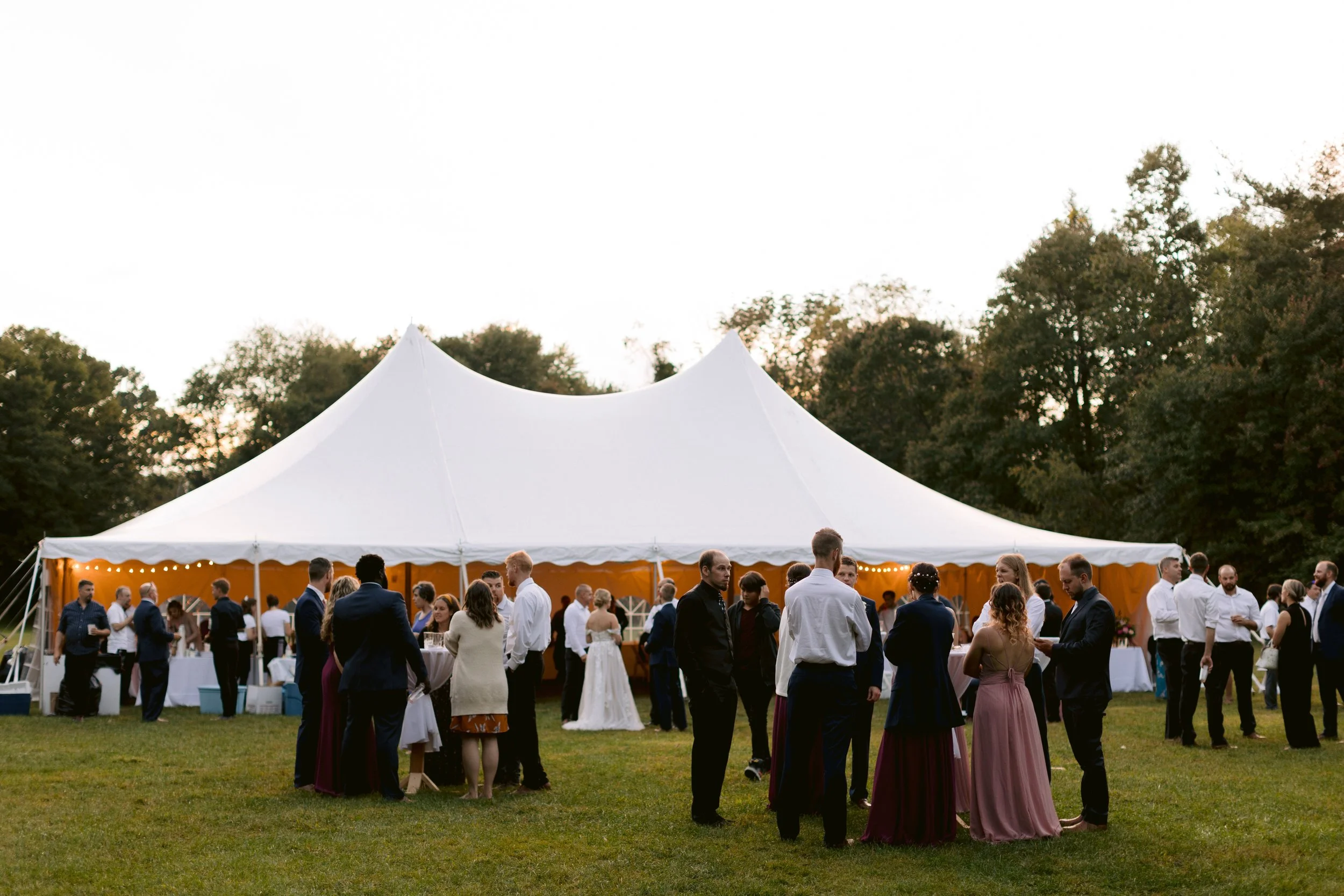Wedding tents have many advantages over having the event in any other venue. The canvas offers an opportunity to try out different types of decor and designs. Unlike traditional locations like the church, it is much easier to create a more specific ambiance.
A good wedding tent should protect you from the elements and enhance the beauty of the location. When going for tents, you need to consider factors such as size, occasion, and aesthetics, among others. Here are some of the different types of tents you could choose from for your wedding.
Pole Tent
Pole tents are among the most popular of the wedding tents due to its affordability. The center pole raises the ceiling high, while side poles provide stability. Thanks to its height, you can install chandeliers and other fancy lighting fixtures to boost the interior decor.
One advantage of a pole tent rental is that it is affordable, thanks to its ease of installation. They are common for gardens, estates, backyards, and wineries. Pole tents have fewer parts that are easier to pack and transport to the venue.
However, the structure of the tent means that it is not suitable for concrete or stone. So it is difficult to install it on a patio and only suitable for grass or soil. You may need special stakes or support for more solid grounds. Also, the position of the poles can obstruct views for your guests. During installation, the posts can take up a significant amount of space.
Frame Wedding Tents
Frame wedding tents are probably the second most popular tent after pole structure. It is a freestanding party tent that uses a framework of bars for support. The tension from the frame is supplemented by cross-cables that provide extra stability.
The main advantage of frame party rental tents is that they have a functional interior space. There are no posts in the middle of the tent to obstruct the view. They are freestanding, which means they can be installed on various types of flat surfaces, including concrete and stone. Its aesthetics are also simple but elegant.
On the other hand, frame event tents do not have high ceilings. That means it may be trickier to install chandeliers and lanterns for your outdoor event. They are also significantly more expensive to transport and install due to the extra parts that you require for construction.
Sail-Cloth Tent
Sail-cloths are similar to pole tents in design and structure. But sail-cloth wedding tents are made of a light fabric. The material allows soft light to go through it during the day, creating a unique ambiance inside. At night, it provides a dramatic glow when the lights are on.
Sail-cloth party tents have sculptured poles that add to its unique aesthetics. Even though the fabric material is lightweight, it is also water-proof and capable of offering total protection against the weather during your big day.
The main disadvantage of the sail-cloth wedding tents is that they need a suitable ground to be installed properly. They often come with wooden poles that might not work very well on sand, concrete, or stone.
Walled Tents
Walled tents are simply tents with added walls on the side. They may have windows to provide lighting and to create an ideal indoor ambiance. They are suitable for situations where the weather is unpredictable.
Other than protection from the harsh elements, the walls can block an undesired view. You can open one side to direct the focus to attractive natural phenomena like mountains and rivers. The other side can stay closed to cut off the view from people, cars, or other distractions. It is suitable for places where noise or movements around the venue could ruin an otherwise relaxing event.
In Conclusion
There are different types of tents you can choose for your special occasion. It will mostly depend on what you want in terms of aesthetics, size, and extra features. Tents for rent can provide the most durable tents delivered and installed with the highest level of service.

